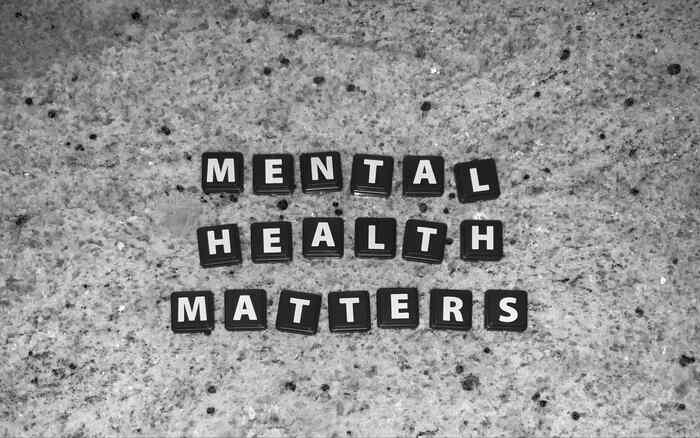Mental health is just as important as physical health, yet many people delay getting help—sometimes because they’re unsure if their symptoms warrant a doctor’s appointment. Whether you’re managing daily stress, feeling persistently overwhelmed, or concerned about a loved one’s emotional well-being, recognizing when to seek help can make all the difference.
Why Mental Health Matters
Mental health affects how we think, feel, and act. It also influences how we handle stress, relate to others, and make decisions. Maintaining mental wellness is essential for building resilience, enjoying relationships, and functioning well in daily life.
When mental health is neglected, it can lead to emotional distress, physical symptoms, and challenges at work or school. Just as you would schedule a doctor’s appointment for a persistent physical issue, it’s equally important to seek help for ongoing emotional or psychological concerns.
Common Mental Health Issues
Mental health conditions are more common than many people realize. According to the World Health Organization (WHO), one in four individuals will experience a mental health disorder in their lifetime. Some of the most prevalent include:
Anxiety Disorders: Characterized by intense fear or worry that disrupts daily life.
Depression: A mood disorder involving ongoing sadness, loss of interest, and fatigue.
Bipolar Disorder: Involves dramatic shifts in mood, energy, and activity levels.
Post-Traumatic Stress Disorder (PTSD): Develops after experiencing or witnessing a traumatic event.
Obsessive-Compulsive Disorder (OCD): Involves repetitive thoughts and behaviors that interfere with daily functioning.
If you’re experiencing symptoms of any of these conditions, consider making a doctor’s appointment to discuss what you’re feeling and explore your options.
Coping Strategies for Mental Wellness
While professional care is essential for many, some coping techniques can help support mental health on a day-to-day basis:
1. Practice Self-Care
Adequate sleep, regular exercise, balanced nutrition, and mindfulness activities can improve emotional well-being and lower stress levels.
2. Talk to Someone
Connecting with trusted friends or family can provide emotional relief and perspective. If symptoms persist, it may be time to make a doctor’s appointment and speak with a therapist.
3. Limit Stress and Set Boundaries
Learning to say no, setting limits on your time, and prioritizing mental rest can help prevent burnout.
4. Try Mindfulness and Meditation
Practices like deep breathing, meditation, or yoga can help manage anxiety and enhance emotional regulation.
5. Limit Screen Time
Too much time online—especially on social media—can increase anxiety and self-comparison. Taking breaks and spending time offline can help protect your mental health.
When to Make a Doctors Appointment
If you’re struggling with your mental health, know that it’s okay to ask for help. Consider making a doctors appointment if you experience:
- Persistent sadness, irritability, or mood swings
- Difficulty sleeping or eating
- Feelings of hopelessness or worthlessness
- Panic attacks or constant anxiety
- Withdrawal from friends, family, or activities you once enjoyed
- Thoughts of self-harm or suicide
Your primary care provider can be the first step in getting help. They may offer a screening, provide support, and refer you to a licensed therapist or psychiatrist if necessary.
How to Seek Help
There are many resources available when you’re ready to take the next step:
Primary Care Providers: A general doctor’s appointment can open the door to further mental health evaluation.
Therapists and Counselors: Offer talk therapy, cognitive-behavioral therapy (CBT), and other methods to help manage symptoms.
Psychiatrists: Specialize in mental health and can prescribe medications when appropriate.
Crisis Hotlines and Online Resources: Organizations like NAMI (National Alliance on Mental Illness) and Mental Health America offer 24/7 helplines, support groups, and educational tools.
Final Thoughts
Mental health is just as important as physical health—and just as deserving of attention. If you’ve been hesitant to seek help, let this be your sign that it’s okay to book a doctor’s appointment and talk about what you’re experiencing. You don’t need to wait for things to get worse before reaching out.
Let’s continue to break the stigma, start meaningful conversations, and support one another in prioritizing mental wellness—every day of the year.


